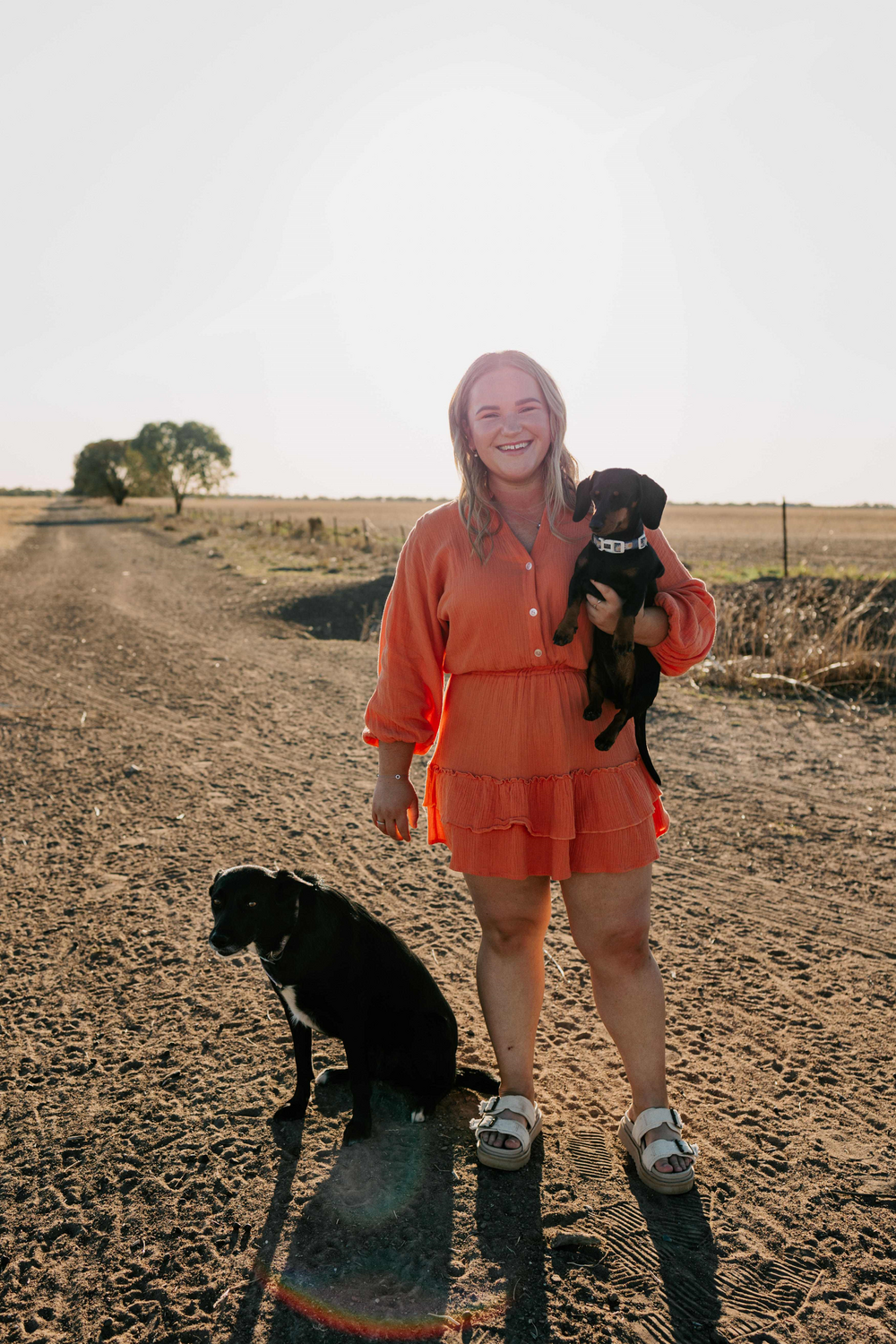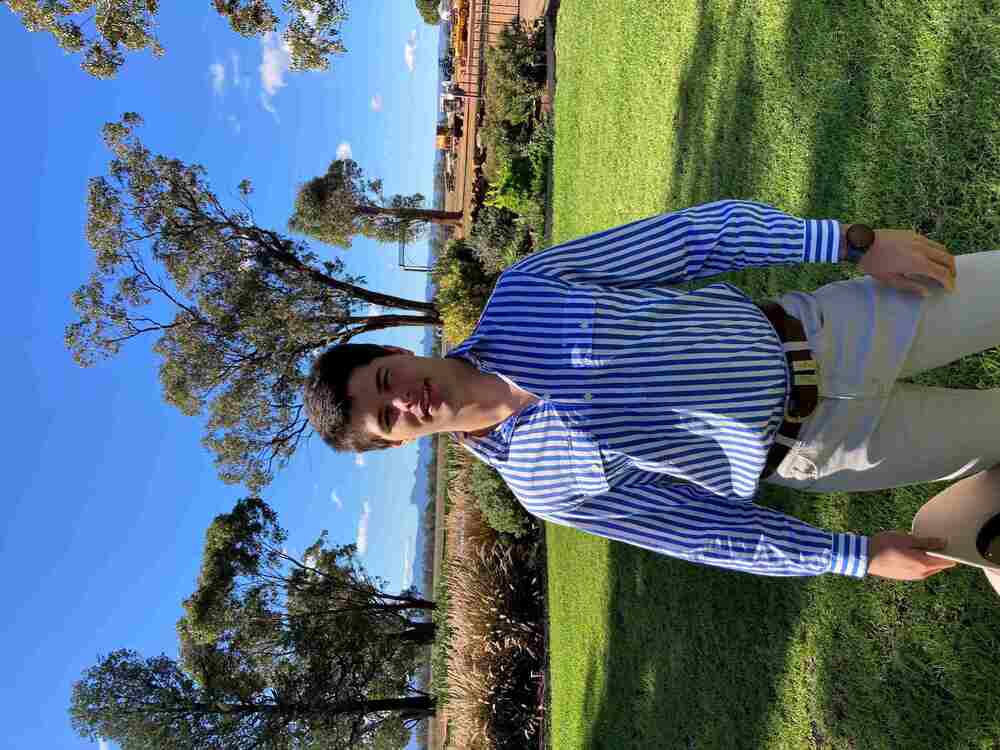Study burden eased by scholarships for local tertiary students
Kristin Murdock
29 June 2024, 9:37 PM
 Hannah Meier from Coonabarabran said being a recipient of the Royal Agricultural Society (RAS) Foundation scholarship has helped enormously with study costs.
Hannah Meier from Coonabarabran said being a recipient of the Royal Agricultural Society (RAS) Foundation scholarship has helped enormously with study costs.A record number of 91 regional students have been selected as recipients of scholarships through the 2024 Rural Scholarship program, funded by the Royal Agricultural Society (RAS) Foundation.
The scholarship program offers financial support to tertiary education students from regional communities.
It aims to help ease the burden unique to rural students when they move to pursue further education.
This year six young scholars from the western plains are among those to receive help.
Costs involved in relocating, tertiary education fees, study costs and the inability to work consistently due to study workloads or placements are something one recipient, Hannah Meier from Coonabarabran, is all too familiar with. Ms Meier is currently in her third and final year of a Bachelor of Paramedicine degree at Charles Sturt University.
"I live on campus at the University, and we pay a fair bit of rent each week, so the scholarship helps me to pay for my rent and groceries," Ms Meier said.
"Right now I have eight weeks of unpaid placement in Cowra so that money helps me to find accommodation here and pays for things whilst I'm on placement. It really, really helps with the financial burden."

Saranna Fisk, Nyngan was among the recipients. IMAGE SUPPLIED.
Ms Meier grew up on her family's cattle and crop farm in Coonabarabran.
Hannah knows first-hand the importance of high-quality healthcare in rural areas and understands the disadvantages that rural Australians face.
"I've always wanted to work in the healthcare field," Ms Meier said. "I wasn't sure whether it would be as a nurse or a doctor.
"I did work experience in a hospital in year ten and I had a really good experience but at the end I thought that maybe that side of healthcare isn't quite the exact fit for me.
"It was the fact that the nurses do all the care and the doctors do all the decision making."
"Paramedicine combines the both. It's you and your crew mate and the patient, and that's what it is you get to make all the clinical decisions, do all of the care for that time that you're with them"
"I also like the idea of not being stuck within the four walls of the hospital. Instead I get to go out and meet different people every day, and I guess as a paramedic, it's really unique that you're are invited into a person's home and welcomed with open arms."
Foundation Manager, Cecilia Logan, said the Charity considers it a privilege to be able to support the next generation of rural and regional leaders as they pursue their academic dreams.
“This year’s applicants are outstanding ambassadors for their communities and have the potential to create a positive and lasting impact in the regional sector through their chosen career paths,” MsLogan said.
“There is no doubt young Australians are impacted significantly by the cost-of-living crisis we are currently facing, and pursuing higher education is a big financial burden for many students - particularly for those living in regional areas."

John Spora of Gulargambone. IMAGE SUPPLIED.
Other recipients of the scholarship from the Western Plains include Amy Ibbott from Coonamble, Holly Davison from Narromine, Jack Miles from Baradine, John Spora from Gulargambone and Saranna Fisk from Nyngan.
After graduating, Ms Meier said she would love to be stationed in a regional or rural town where she can not only immerse herself in the community but also provide much-needed healthcare.
"With the ambulance service, you don't actually get to pick where you go, but you can put preferences and I'd like to head back out to the country somewhere," she said.



